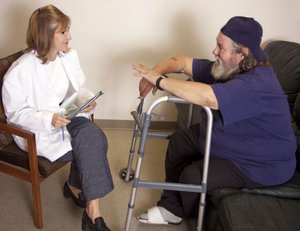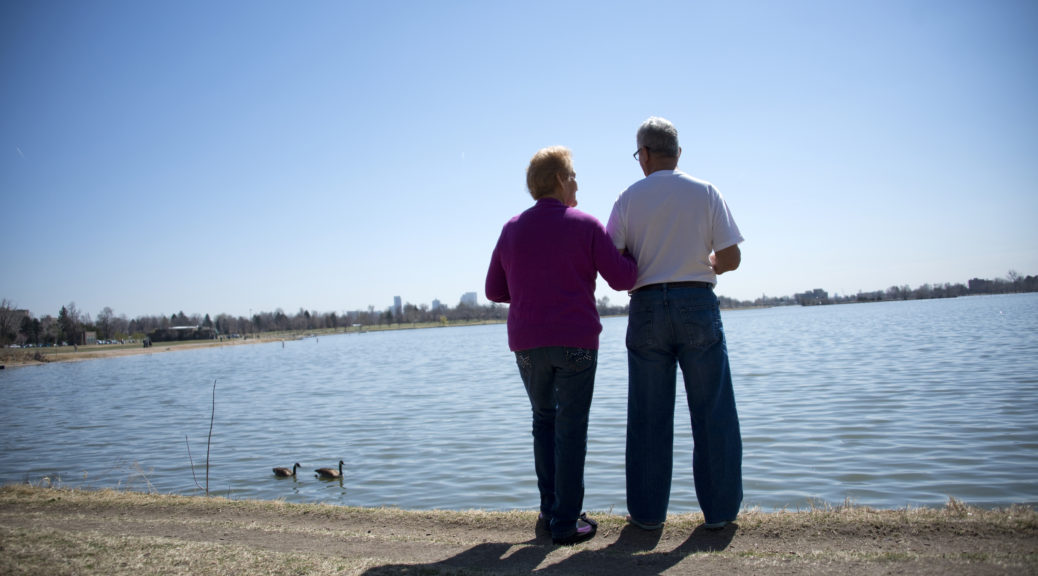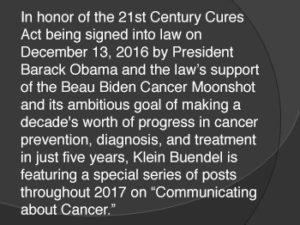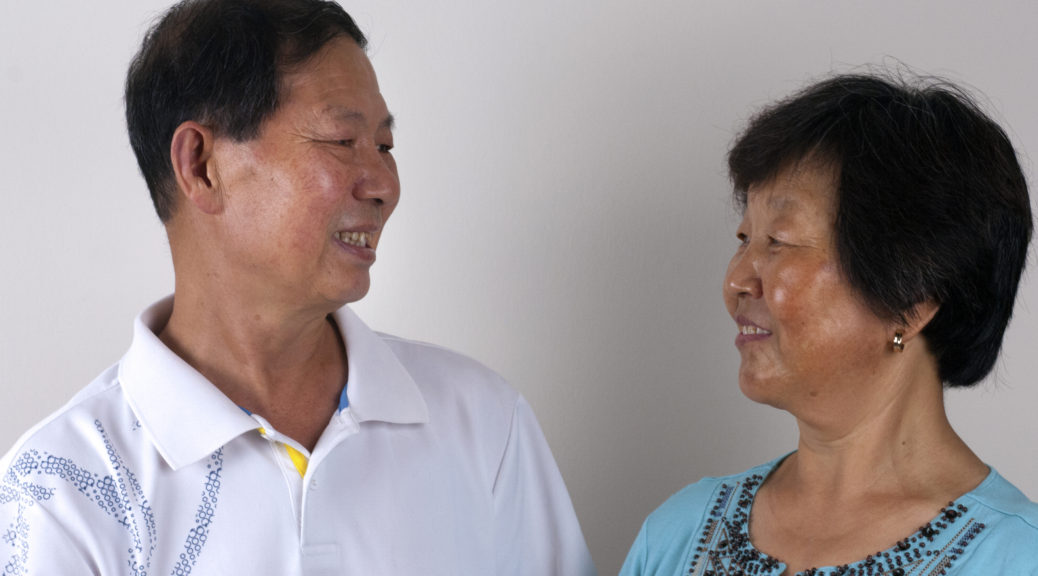The Art of Self-Disclosure: Part 3
The Art of Disclosing Online
Social media has added another layer of complexity to self-disclosure. Many cancer patients and caregivers seek support online. Others use email, texting, and social media channels like Twitter and Facebook as tools to keep large numbers of people informed about their progress. However, navigating these environments can be tricky and not always as emotionally supportive as it seems.
At age 29, Caitlyn Green considered her life to be perfect. She had strong family ties, a large circle of friends, was almost seven months pregnant, and had just received a job promotion. Then she felt a lump in her breast. It had better not be cancer she remembered her husband saying, half joking. But it was.
The radiologist casually dropped the news while Caitlyn was alone in the ultrasound room. Devastated, Caitlyn asked for her husband but was told he had to stay in the waiting room. In the past, that might have been the end of the conversation. Not anymore. Caitlyn texted her husband: “Come back here now!”
Like many people today, Caitlyn has spoken about her cancer face-to-face and online. She has used texts and her blog to inform her large circle of friends, family, and coworkers about her diagnosis, chemotherapy, the loss of her hair, the birth of her daughter, her double mastectomy, and her radiation treatment. Talking about cancer online can connect people in similar situations and help them share information. It can raise public awareness and reduce stigmas associated with certain cancers and treatment. It can help people feel like they aren’t alone. Through strong online social networks, individuals can hear words of encouragement during tough times, something Caitlyn has experienced.
Katrine Bellamy has also seen the benefits of online communication. After her son was diagnosed with cancer, Katrine started a blog to share her feelings and received positive feedback from readers. “I was pretty blunt about how I was feeling. I couldn’t say these things to people, but I could write about them.” …



